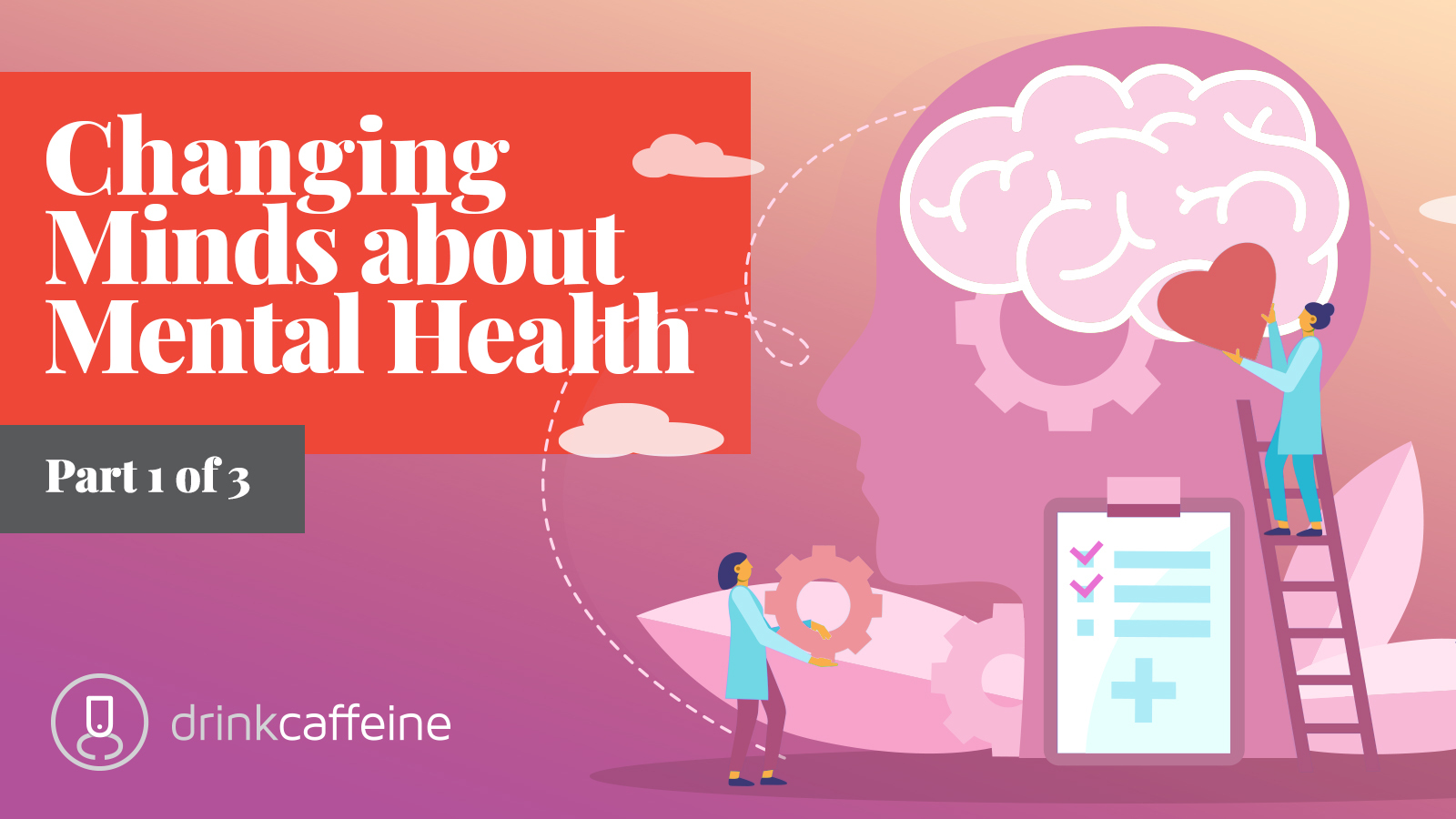More than 90% of consumers say that addiction involves both physical and mental health:
The statement we tested:
“Addiction is both a physical and mental health condition.”
48.7% Strongly Agree
41.7% Agree
4.0% Disagree
1.3% Strongly disagree
4.3% Don’t know.
It’s been nearly 65 years since the AMA declared alcoholism an illness, and it seems the battle to get people to see the complexity of addiction as an interwoven physical and mental health condition is moving in the right direction. Certainly, the opioid epidemic has played a role in transforming attitudes about addiction, and the pandemic has helped raise mental health as a critical component of overall health. This represents a potential tipping point for mental health as a component of care delivery.
For consideration: Holistic Substance Use Disorder
Recovery from substance use disorder happens on multiple fronts: physical, psychological, familial, emotional, and social. Evidence indicates the most effective approach is holistic.
[Parenthetically, there is also an economic and vocational recovery from substance use disorder. Currently gaining ground in several states are Recovery Friendly Workplace initiatives co-sponsored by state agencies and private businesses. Here’s an example of one such program https://www.drugfreect.org/Customer-Content/www/CMS/files/DHMAS001_RFW-Toolkit-Full.pdf we created for the Department of Labor and the Department of Public Health.]
In sum, now is an optimal time for behavioral health leaders to advance the idea of holistic recovery from substance abuse. For further consideration:
- Recovery programs need to be mainstreamed with all other treatment programs
- Mental health screening should be featured
- Vocational support should be featured in recovery programs
- Medication-assisted treatment (MAT) should also be highlighted
Addiction is a physical, mental, emotional, social,
and often economic health condition.
To be continued
The opioid epidemic and the pandemic have shifted the understanding of mental health. Addiction is now considered both a mental and physical health condition.
Healthcare decision makers, it’s your move.
Contact us when you’re ready to use healthcare communications to solve healthcare problems.


